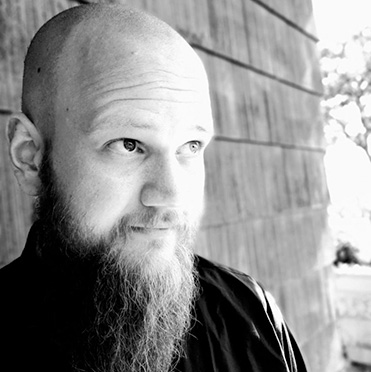What is the role of Jesus?
The Swedenborgian understanding of the Jesus narrative has been very powerful and liberating to me. To Swedenborg, the story of Christ is a story of inner struggle, which relates directly to our own spiritual journey. Rather than a story of sacrifice, it is one of growth and self-exploration.
Swedenborg believed that Jesus was born with the same inherent flaws as we are, and gradually realized his own divinity through a life of radical love and truth, even in the face of the immense abuse and suffering he endured leading up to his crucifixion by consistently meeting adversity with compassion.
To me, this makes the story of Jesus intimately relatable. Just like Jesus realizes his divinity by choosing a higher path, so can we realize our angelic self through living a Christ-like life of love and selflessness, regardless of our religious tradition or beliefs.
“Therefore in his human manifestation he was an infant like any infant, a child like any child, and so on with just one difference: he completed the process more quickly, more fully, and more perfectly than the rest of us do. The Lord’s life followed this path because the divine design is for people to prepare themselves to accept God; and as they prepare themselves, God enters them as if he were coming into his own dwelling and his own home.”*
-Emanuel Swedenborg, True Christianity §89
Swedenborg believed that it is not faith in Jesus which saves, but an embodiment of the same qualities he modeled. Heaven and salvation are available to all people who do this. A true “Christian” is one who lives in harmony with the qualities of Jesus.
*Swedenborg, Emanuel. True Christianity. Translated by Jonathan S. Rose. West Chester, PA: Swedenborg Foundation, 2010.

Meet Rev. Thom Muller
Rev. Thom is the pastor at Hillside, an Urban Sanctuary and Swedenborgian Church in El Cerrito, California. He is also the editor of Our Daily Bread where you can find a broad array of Swedenborgian sermons, reflections, and more. His passions include the intersection of religion and psychology, interfaith spirituality, comparative Mysticism, and the Western Esoteric Tradition.
